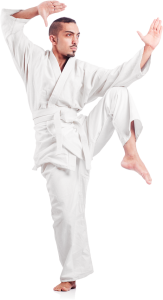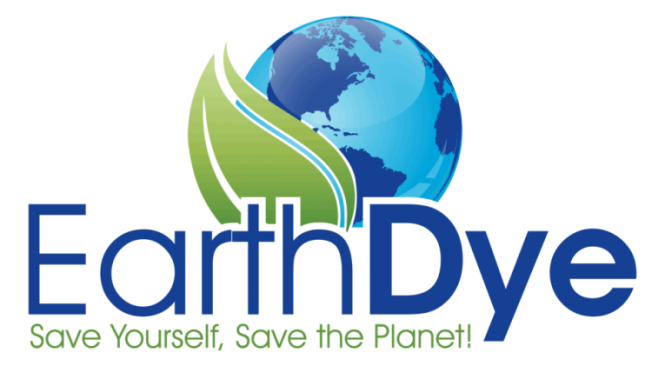- 0

Oil can be both beneficial and detrimental to hair health, depending on the type of oil used and how it is applied. While some oils provide nourishment and protection to the hair, others can lead to negative effects when used in excess or inappropriately. In this comprehensive explanation, we will delve into the various aspects of why oil can be bad for the hair.
Excessive Oil Weighs Down Hair:
When too much oil is applied to the hair, it can create a heavy, greasy appearance. This excessive weight can cause the hair to lose its natural bounce and volume, making it look flat and lifeless. Additionally, heavy oils can flatten the hair cuticles, leading to a lack of shine and a rough texture.
Clogging Hair Follicles:
Certain oils, such as mineral oil, can clog hair follicles when applied to the scalp. This can hinder the natural growth of hair and may lead to issues like hair thinning and hair loss. Clogged hair follicles can also trap bacteria and impurities, potentially causing scalp problems like dandruff and itching.
Buildup and Residue:
Using oils, especially heavy ones, on a regular basis without proper cleansing can result in product buildup. The accumulation of oils and other hair products can make it challenging for the hair to absorb necessary nutrients and moisture, leaving it dry, brittle, and prone to breakage.
Hair Type Compatibility:
Not all hair types can benefit from the same oils. For example, people with fine or thin hair may find that certain oils are too heavy and can weigh down their locks. On the other hand, individuals with coarse or curly hair might require more substantial oils to effectively moisturize and tame their hair.
Allergic Reactions:
Some people may be allergic to specific oils or their components. Allergic reactions can manifest as scalp irritation, redness, itching, or even hives. In such cases, it’s crucial to discontinue the use of the oil immediately and seek medical advice if the symptoms persist.
Attracting Dirt and Pollutants:
Excessively oily hair can attract dirt, dust, and pollutants from the environment, leading to further hair and scalp issues. This is especially true in urban areas with higher pollution levels.
Staining and Discoloration:
Certain oils, such as castor oil, are thick and have a yellowish hue. When used excessively, these oils can stain light-colored hair, leaving an unwanted discoloration.
Difficulty in Removing Oil:
Removing excess oil from the hair can be challenging, especially if the wrong type of oil or too much oil is used. This can require multiple shampoo sessions, which may further strip the hair of its natural oils, leading to dryness and irritation.
Chemical Treatments and Styling Issues:
Using certain oils before chemical treatments, like hair coloring or perming, can hinder the effectiveness of the chemicals. The presence of oils can create a barrier that prevents the treatments from penetrating the hair shaft evenly. It also strips browns to reds or brassy colors.
Oily Scalp Concerns:
While some individuals suffer from dry scalp issues, others have naturally oily scalps. Using oil-based products on an already oily scalp can exacerbate the problem, leading to increased greasiness and the potential for conditions like seborrheic dermatitis.
Silicone-Based Oils:
Many hair products, including serums and leave-in conditioners, contain silicone-based oils. While these can provide temporary shine and smoothness, they can also create a synthetic coating on the hair, leading to long-term damage, brittleness, and reduced moisture absorption.
Over-reliance on Oils:
Using oils as the sole means of hair care may lead to neglect of other essential hair care practices. Proper cleansing, conditioning, and regular trims are crucial for maintaining healthy hair, and relying solely on oils may not address all hair concerns.
Inadequate Nutrient Absorption:
Excessive oil use can prevent the hair and scalp from absorbing essential nutrients from other hair care products. This can limit the effectiveness of shampoos, conditioners, and other treatments.
Conclusion: While some oils can be beneficial for the hair, excessive use or the application of inappropriate oils can lead to various issues, including greasiness, clogged hair follicles, buildup, allergic reactions, and difficulty in removing oil. It is essential to understand one’s hair type and the appropriate amount of oil required to maintain healthy and vibrant hair. Regular cleansing, conditioning, and a balanced hair care routine are crucial for overall hair health. Also, remember hair grows very slowly. On average, a half inch a month. When your hair is damaged and dry, it can take almost a year for long hair to grow out live hair again.
EarthDye has natural conditioners that come from plants, they condition your hair while it is being colored. It does not get better than that!
Always consult with a hair care professional to determine the best products and practices for your specific hair type and concerns.
